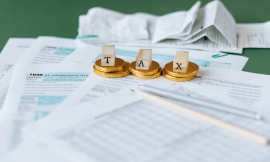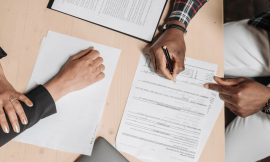Buying a property in Spain as a foreigner can be an exciting adventure but also a challenging one, especially with the fluctuating Barcelona house prices and the intricacies of making a Barcelona property investment. At Rightplace, we understand these difficulties and offer a comprehensive guide to facilitate this process. Here we provide key information on the requirements and steps necessary to acquire a property in this vibrant city.
1. Research and Initial Preparation
a. Understand the Real Estate Market
Before embarking on the purchase of a property, it is crucial to research the Barcelona real estate market. Familiarize yourself with the Barcelona house prices, the most sought-after areas, and current trends. Use real estate portals like Idealista or Fotocasa, and consult with local agents to get a clear and comprehensive view of the market.
b. Set Your Budget
Defining a realistic budget is essential. Consider all associated costs, such as taxes, fees, and maintenance expenses. A financial advisor can help you determine how much you can invest without compromising your financial stability.
2. Legal Requirements and Documentation
a. Foreigner Identification Number (NIE)
One of the requirements to buy a property in Spain as a foreigner is to obtain the Foreigner Identification Number (NIE). This number is essential for any financial transaction in the country.
b. Opening a Bank Account in Spain
It is advisable to open a bank account in Spain to manage payments related to the property purchase. Most banks offer accounts for non-residents.
c. Hire a Lawyer
Having a lawyer specialized in Spanish real estate law is crucial. They will help you review contracts, negotiate terms, and ensure that all transactions comply with local legislation.
3. Purchase Process
a. Find the Property
Use real estate agencies like Rightplace to find the ideal property. Our team has in-depth knowledge of the Barcelona market and can offer you options that fit your needs.
b. Make an Offer
Once you find the right property, submit a formal offer to the seller. Negotiation is key in this step, and a good real estate agent can help you establish a fair and favorable price.
c. Sign the Deposit Contract
The deposit contract is a preliminary agreement where a deposit is made to reserve the property. This contract also details the terms of the sale.
4. Financing and Mortgage
a. Financing Options
As a foreigner, you can access mortgages offered by Spanish banks, which generally finance up to 70-80% of the property’s value for non-residents.
b. Property Appraisal
Before approving the mortgage, the bank will conduct an appraisal to determine the property’s market value. This also helps ensure that you are paying a fair price.
5. Taxes and Additional Costs
a. Transfer Tax (ITP)
In Catalonia, the ITP is 10% of the property’s value for second-hand properties.
b. Notary and Registration Fees
These include the formalization of the contract and the registration of the property in the Property Registry and typically represent approximately 1-2% of the purchase price.
6. Conclusion
Buying a property in Spain as a foreigner can be complex, but with the right guidance and the help of experienced professionals like those at Rightplace, you can manage this process efficiently. From finding the property to signing the contract and securing financing, we are here to ensure your Barcelona property investment is successful.
For more information on the requirements to buy a property in Spain as a foreigner and to get personalized advice, visit our website or contact us. At Rightplace, we are committed to making your home buying experience a resounding success. Additionally, once you become a property owner, we recommend reading this article we have prepared especially for you.


